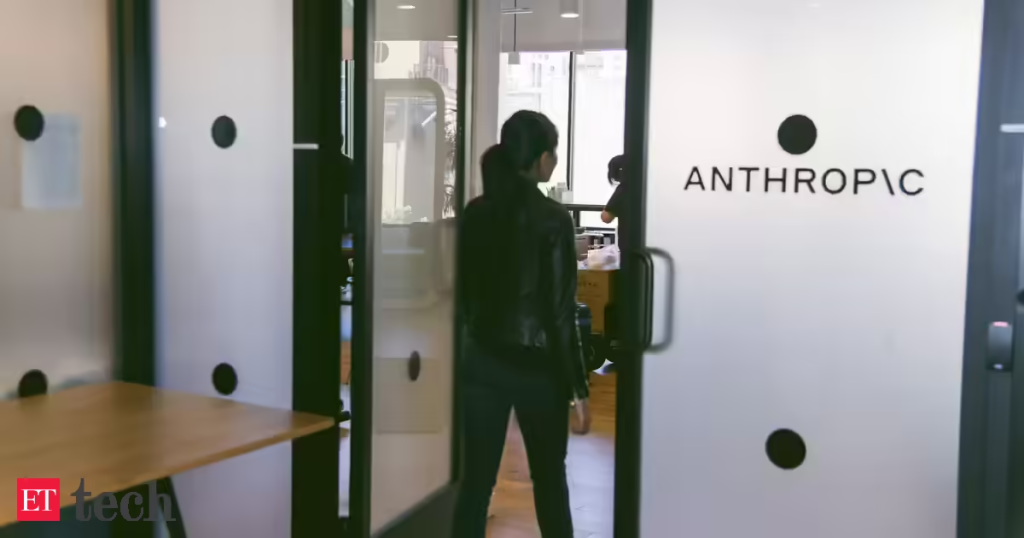The Death of the Résumé and the Rise of AI-Driven Hiring

The process of hiring has undergone dramatic changes in recent years, and AI is the driving force behind it. With AI-generated applications flooding job postings at an unprecedented rate, recruiters are facing an overwhelming surge of automated noise. The once-reliable résumé is being pushed out of relevance, replaced by a battleground of bots and algorithms fighting for attention.
AI-generated job applications have become a massive issue for employers, with LinkedIn processing 11,000 submissions every minute—an increase of 45 percent from last year. The flood of automated résumés, created with the help of tools like ChatGPT, is creating a complex challenge for companies, one that has sparked an arms race between job seekers and recruiters. Both sides are utilizing AI, escalating the competition to a level where AI tools are engaging in a high-stakes standoff to manage the sheer volume of applications.
This issue is illustrated in the experience of HR consultant Katie Tanner, who had to remove a job post after receiving more than 1,200 applications for a remote position. Despite trying to manage the influx, she was still sorting through the applications months later, underscoring the scale of the problem. This is not an isolated incident. As AI tools like ChatGPT have become more accessible, job seekers can now easily craft personalized résumés by simply entering prompts. The resulting applications often look impressively tailored but may be devoid of genuine effort or interest, complicating the task for recruiters who are trying to find true talent.
Some job seekers are taking automation even further. They’re paying for AI agents to autonomously search for job postings and submit applications, making it even harder for recruiters to distinguish between candidates who are genuinely qualified and those who are simply gaming the system. This evolution of job-seeking technology has led to a flood of résumés that all appear eerily similar, making it challenging for companies to identify the best applicants.
For years, computer tools like word processors and résumé templates have helped job seekers create decent résumés quickly. However, the advent of AI has pushed this concept to new extremes. AI’s ability to generate endless tailored applications with minimal input has transformed what was once a time-consuming and personal process into a numbers game. Job seekers can now submit hundreds of customized résumés with little effort, overwhelming employers who are left to sift through the mass of automated content. As a result, résumés, which were once seen as a signal of a candidate’s dedication and interest, have become little more than noise.
Some companies are responding to this flood of AI-generated applications by deploying their own AI defenses. For instance, Chipotle’s AI chatbot screening tool, Ava Cado, has helped the company reduce its hiring time by 75 percent. This trend has created a vicious cycle of escalating automation, where job seekers use AI to generate interview answers and companies deploy AI tools to detect them. It’s a world where machines are communicating with other machines, while human job seekers and recruiters struggle to connect on a meaningful level.
The rapid automation of the hiring process has also brought about new challenges, including an increase in fraud. The Justice Department recently indicted a scheme in which North Korean nationals were placed in remote IT roles at U.S. companies. As AI continues to evolve, so too do the techniques used by fraudsters to manipulate hiring systems. Researchers have also discovered that AI systems can hide invisible text in résumés, making it easier for candidates to bypass screening algorithms in ways that human reviewers cannot detect.
But even when AI screening tools are effective, they still reflect the biases of human recruiters. Studies have shown that AI systems often favor résumés with white male names over others, raising serious concerns about discrimination in hiring. In response, the European Union’s AI Act has classified AI-driven hiring under its high-risk category, imposing stricter regulations. While the U.S. has not yet passed any specific laws regarding AI in hiring, anti-discrimination laws still apply.
This raises a significant question: Are résumés, as we know them, becoming obsolete? With the ability to generate countless tailored applications at the push of a button, the résumé is no longer a reliable indicator of a candidate’s qualifications or interest in a job. It has become yet another form of noise in an already overloaded digital space.
The future of hiring may not lie in résumés at all. Instead, employers may turn to more dynamic methods that AI cannot easily replicate, such as live problem-solving sessions, portfolio reviews, or trial work periods. These alternatives would provide a better measure of a candidate’s true abilities and interest, offering a more authentic approach to recruitment. However, for now, both job seekers and employers are locked in an ongoing technological arms race, with bots fighting to outsmart each other, while human connection gets lost in the shuffle.
As AI continues to reshape the job market, it’s possible that the future of hiring will consist of machines interviewing other machines for jobs that are performed by machines. Meanwhile, humans will be left watching from the sidelines, wondering where they fit into this rapidly evolving landscape. While this may sound far-fetched, it’s not entirely outside the realm of possibility as AI continues to advance at an exponential rate. One can only hope that the future of work will still allow space for human connection, creativity, and intuition.

